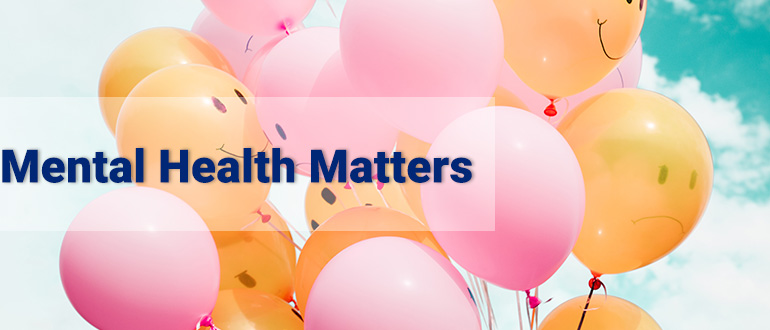toh
Need Help Now?

Crisis Support
Mental Health Crisis Line
Ottawa Area: 613-722-6914
Outside Ottawa: 1-866-996-0991
Web: Crisis Line (opens in a new tab)
If you are in immediate danger or a life-threatening situation, call 911 immediately.
To find a Family Physician
Call: 1-800-268-7096 Ext. 626
A Beginner’s Guide to Psychosis
Web: Psychosis (opens in a new tab)
Canadian Mental Health Association (CMHA)
301-1355 Bank Street, Ottawa, ON K1H 8K7
Tel: 613-737-7791
Email: cmhaoc@magma.ca
Web: CMHA Ottawa (opens in a new tab)
Community Navigation of Eastern Ontario
Web: Community Navigation of Eastern Ontario(opens in a new tab)
IEPA Early Intervention in Mental Health
Web: IEPA Early Intervention in Mental Health (opens in a new tab)
Mental Health Services, Help and Support In Your Community
Web: eMentalHealth (opens in a new tab)
Prevention and Early Intervention Program for Psychoses (PEPP)
Web: Prevention and Early Intervention Program for Psychoses (opens in a new tab)
Schizophrenia Society of Ontario (Ottawa Region)
1145 Carling Avenue, Ottawa, ON K1Z 7K4
Tel: 613-722-6521 Ext. 7775
Web: Schizophrenia Society of Ontario (opens in a new tab)
Tired of Struggling to Sleep? A Webinar on Coping with Insomnia (opens in a new tab)
Sleep problems are extremely common in our society, with an estimated 30% of Canadians suffering from a sleep disorder. Stressful events can increase this number, for example, recent research into the effects of the pandemic on the sleep of Canadian’s suggests more than 50% of Canadians are now experiencing sleep issues. The fact that sleep problems are really common does not mean we just have to accept them because there are ways you can improve your sleep!
Not getting enough sleep impacts many things, including how well we can function at work or school, our relationships, our physical health and our mental health. Not getting the proper amount or quality of sleep does not just make us tired; sleepiness negatively impacts how well we are able to think, problem solve, make decisions and cope with stressful situations which can lead to low mood, anxiety, irritability etc.
If you are one of the millions of Canadians experiencing new or worsening sleep issues, consider watching the following video. You will learn a bit about the science of sleep as well as how a lack of sleep impacts our brains and our bodies. In addition, proven strategies and tips to improve sleep, that are free and accessible to everyone will be discussed.
When Overwhelming Emotions Take Over (opens in a new tab)
Sometimes life can get messy. Depending how messy these times are, and what else is going on in our lives, we may find ourselves struggling to cope. Being able to problem solve and make decisions helps cope but if it is a really big mess, or a bunch of smaller messes, we may not be as good at problem solving and decision making as we usually are. There are times when no amount of problem solving can fix the mess (for example, during a global pandemic!) and during these times, we also need distress tolerance skills.
When we are really overwhelmed, we sometimes begin to react in a 911 sort of way, as if we have to immediately act to change the overwhelming feelings we are having. Wanting to stop these feelings makes sense, but often the things we decide to do and say when we are in a 911 frame of mind not only do not help the situation, they can also make the situation even worse.
This video is for you if you feel overwhelmed sometimes and realize your intense emotions are putting you in a 911 frame of mind, which is not helping you manage the situation or get your needs met. You will learn a bit about how this 911 frame of mind impacts the brain and the body, and why it is hard to cope in this state. You will also learn how to create your own distress tolerance plan, which will help you regain control of your emotions and increase your ability to cope with life.
Stress Management: Coping and Building Resilience
It has long been known that stress has very real effects on our brains and bodies, effects that can be both positive and negative. Moderate feelings of stress can be super helpful as it is often telling us that something is important to us and what we need to attend to. For example, feeling anxious about a presentation at work, or a test at school, tells us that how we perform on this task is important to us which likely motivates us to prepare. Unfortunately, most of us know that more intense feelings of stress no longer motivate us, but instead can overwhelm our ability to cope. No matter who we are, having stressful things occur in our lives is a certainty. Learning and practicing ways to manage stress is a skill that will come in handy throughout your life.
Whether you are amazing at handling stress, or find it harder to manage, this video is for you. You will learn about The Stress Response and how it impacts our bodies and brains. You will learn wellness tips that will increase your resilience and tolerance for stress. You will also learn strategies to manage stress, including more advanced skills when stress is impacting functioning. Finally, you will learn how and where to get help if you need more support.
Last updated on: June 23rd, 2022


 To reset, hold the Ctrl key, then press 0.
To reset, hold the Ctrl key, then press 0.